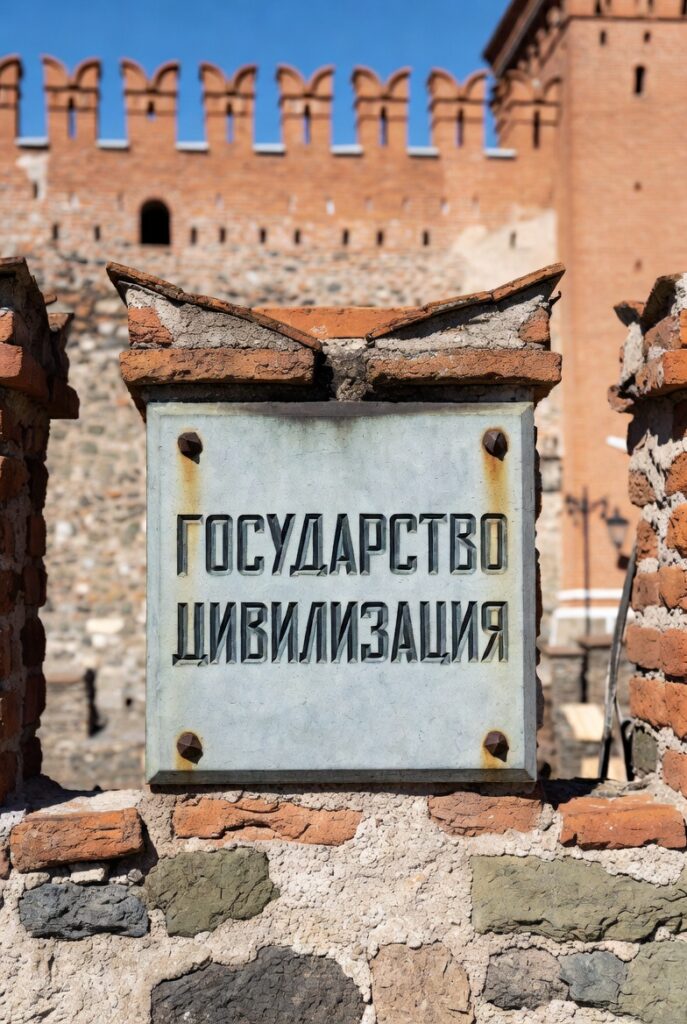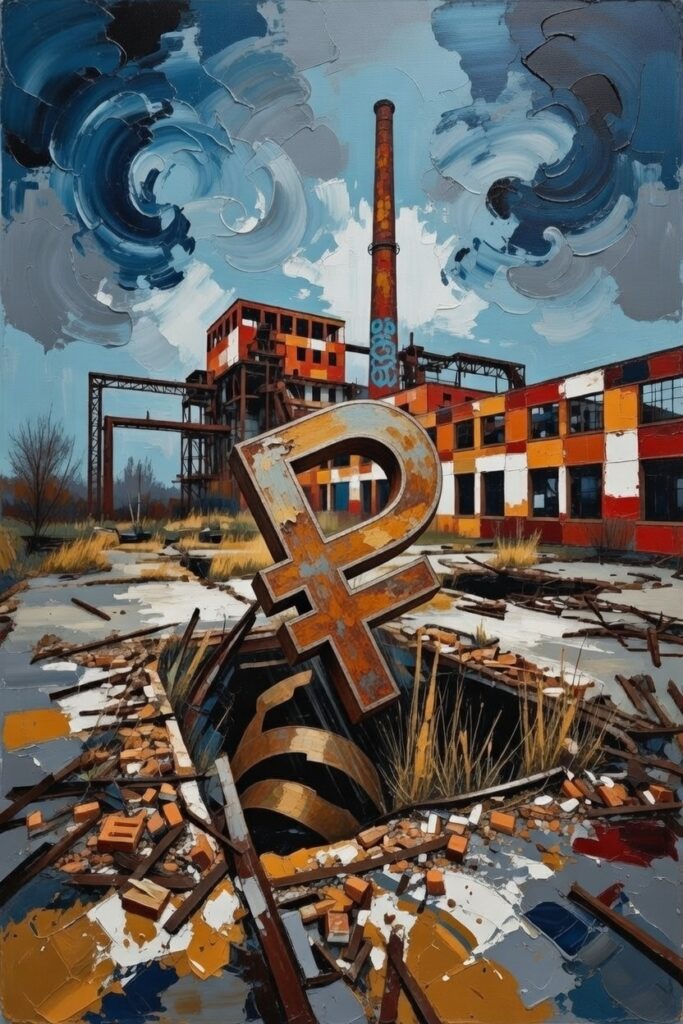Early Monday morning, July 7, Vladimir Putin dismissed Transport Minister Roman Starovoit. The decree’s wording suggested the dismissal was not voluntary, lacking any mention of «resignation by request.» Hours later, reports emerged that Starovoit had taken his own life, shooting himself with an award pistol near his home. Rumors quickly spread, claiming the suicide occurred over the weekend, implying the ministry was led by a deceased man for days. These rumors likely held no truth: Starovoit’s body was found in a park, unlikely to go unnoticed over the weekend. Yet, no official refutation came. State-run Russia Today reported that on the evening of July 7, law enforcement planned to detain Starovoit over a criminal case tied to the construction of defensive structures in the Kursk region. Starovoit had governed Kursk for nearly six years before transitioning to the ministerial role, passing the governorship to his deputy, Alexey Smirnov. Last summer, Ukrainian forces invaded Kursk, holding positions for months, which heightened public anxiety and, evidently, Putin’s displeasure. Civilian officials were blamed for the invasion, despite the region’s minimal security presence. Initially, criminal cases targeted minor Kursk officials, followed by Smirnov’s dismissal and arrest. Our prior reports speculated that law enforcement might reach Starovoit, and so it did.
However, prosecuting a minister broke the unwritten rules of Russia’s elite. Criminal cases had targeted allies of Economy Minister Maxim Reshetnikov (former Perm governor) and Sports Minister Mikhail Degtyarev (former Khabarovsk governor), but these did not disrupt their work. Ministerial status traditionally shielded against prosecution. Exceptions occurred: former Economy Minister Alexey Ulyukayev was arrested after clashing with Rosneft’s Igor Sechin, and former Open Government Minister Mikhail Abyzov fell during the purge of Dmitry Medvedev’s clan. Officials avoiding conflicts with powerful players and tied to Putin’s inner circles, like Starovoit, long linked to the influential Rotenberg brothers, felt secure. Yet, in the «Kursk case,» law enforcement went further, reaching a minister. This signals new, unclear rules in the system. Facing this uncertainty, Starovoit likely took the extreme step: the «ceiling» limiting law enforcement’s reach, once set at ministerial status, is now undefined. Starovoit could have been used to extract testimony against even more powerful figures, not necessarily tied to his patrons, the Rotenbergs. As head of the Transport Ministry and Rosavtodor, he interacted with numerous major businesspeople and officials. It’s possible someone sought to silence him by any means.
These unclear new rules struck a blow to Russia’s elite. Had Starovoit been replaced by a rival clan’s representative, his dismissal and potential prosecution could be seen as a power struggle. Instead, former Novgorod governor Andrey Nikitin, also close to the Rotenbergs, became the new minister. The Rotenberg clan retained control of the ministry but failed to protect their ally. This signals to the bureaucracy that top federal posts are losing their immunity. Previously, mayoral and gubernatorial roles faced similar devaluation; now, it’s federal ministers’ turn. Big business, too, must feel uneasy: if ministers are targeted, entrepreneurs’ names may soon appear in criminal cases.
Notably, several Russian deputy prime ministers and ministers attended Starovoit’s farewell ceremony, despite his near-official prosecution. Among them were Deputy Prime Ministers Marat Khusnullin, Alexander Novak, Dmitry Chernyshenko, and ministers Anton Alikhanov, Maksut Shadayev, Maxim Reshetnikov, Oksana Lut, and Starovoit’s successor, Andrey Nikitin. These figures represent their respective clans: Alikhanov is tied to Rostec, Lut to Agriculture Deputy Prime Minister Dmitry Patrushev, and Reshetnikov to Moscow Mayor Sergey Sobyanin’s clan. Their presence at the funeral could be seen as a protest against the new rules. Technocratic professionals in the cabinet are demonstratively honoring a colleague they knew and worked with, possibly unwilling to accept their posts’ devaluation.
Kiriyenko at the Reds’
Last weekend, the Communist Party of the Russian Federation (CPRF) held its congress—the last before the active election campaign. The main news was a resolution «On Restoring Full Historical Justice Regarding Joseph Vissarionovich Stalin,» condemning the 20th CPSU Congress that debunked Stalin’s cult of personality. However, the CPRF’s Stalinism and criticism of Nikita Khrushchev are not new; Stalin’s image has been used in campaigns since the mid-2010s, and party leader Gennady Zyuganov has long criticized Khrushchev. The real news was the appearance of Sergey Kiriyenko, First Deputy Head of the Presidential Administration and Kremlin political bloc chief. In his speech, he praised the communists for supporting Putin’s «foreign policy course.» Kiriyenko has attended congresses of New People and the LDPR, and such support for «Non-profit systemic opposition» parties is becoming a tradition. For New People and the LDPR, which lost founder Vladimir Zhirinovsky in 2022, this support is vital. These parties follow the Kremlin’s political bloc rules, and Kiriyenko’s presence signals to local officials to treat them as legitimate players. For New People, this counters perceptions of being a temporary 2021 Duma election project. The Kremlin aims to elevate the post-Zhirinovsky LDPR to second place in elections, with Kiriyenko’s presence reinforcing this goal.
For the CPRF, Kiriyenko’s visit brings more drawbacks than benefits. The party has historically enjoyed autonomy due to its legacy and Zyuganov’s personal ties with Putin. Its conservative Stalinist stance has lost some young urban protest voters but retained a core of pensioners nostalgic for Soviet times, supportive of Stalin but generally anti-Putin and anti-Kremlin. Kiriyenko’s praise for their support of Putin’s course may make this electorate question whether the party has betrayed their beliefs. His presence alone raises concerns, especially since Zyuganov recently criticized Kiriyenko from the Duma rostrum. Kiriyenko likely knew the impact his appearance would have, and the communists couldn’t refuse him. The CPRF’s campaign network relies on dedicated activists distributing leaflets and engaging residents, mostly pensioners. These supporters may doubt the party after a Kremlin official’s visit, especially one they recently criticized. Spoiler projects like «Communists of Russia» or the CPSU will likely exploit Kiriyenko’s visit, with Kremlin backing, to position themselves as «true communists» against the «traitorous» CPRF.










